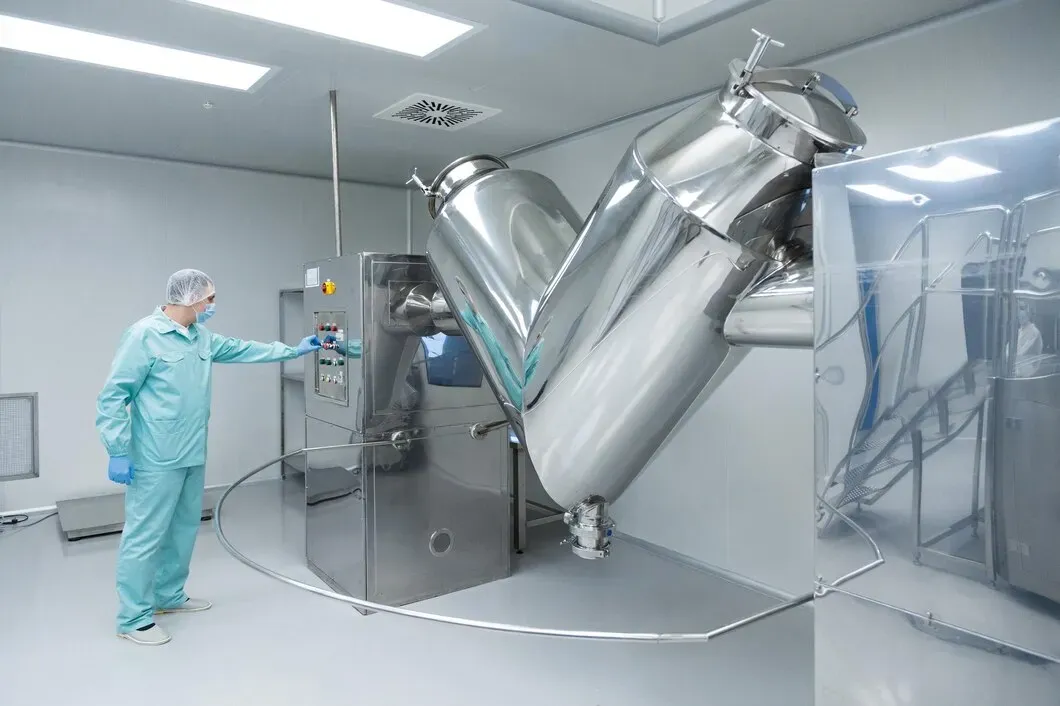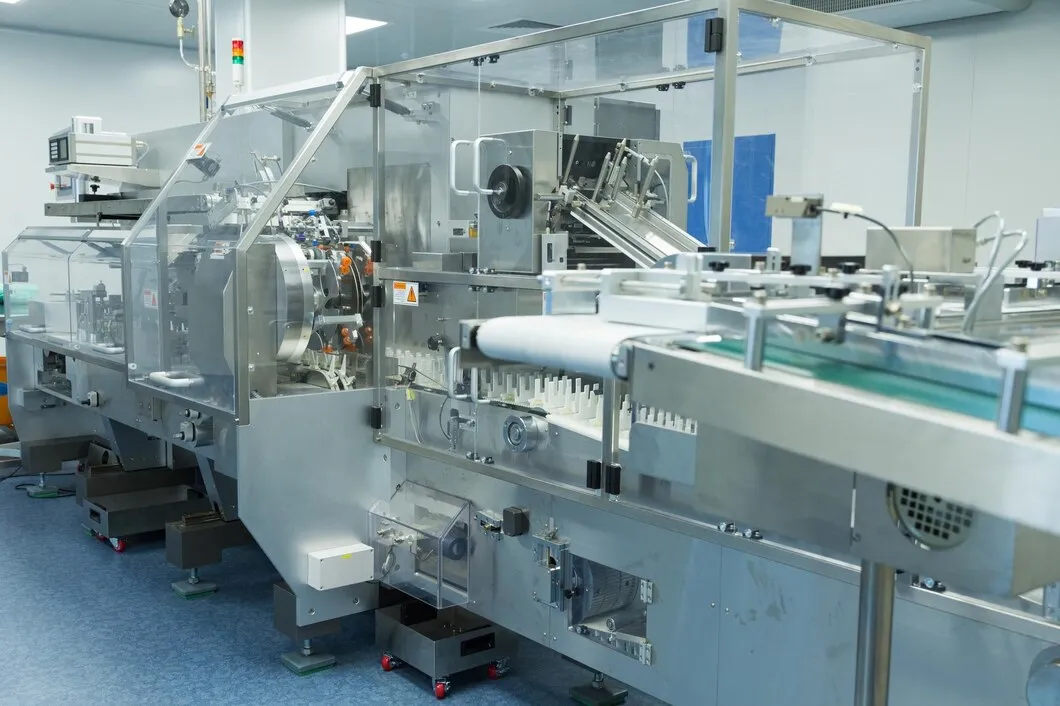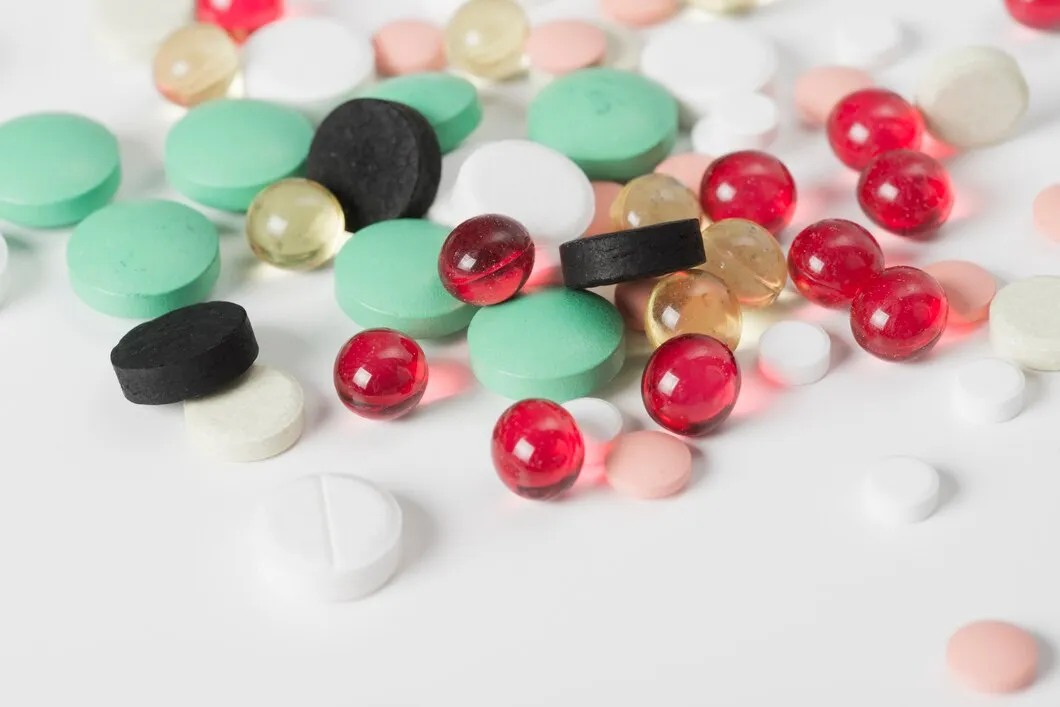Pharmaceutical advancements have brought innovative ways to enhance drug delivery, and enteric coating is among the most significant. You’ve probably heard of it about certain tablets and capsules, but what exactly is it?
This article dives into the details of enteric coating, its uses, and why it’s a game-changer for specific medications and supplements.
An enteric coating is a layer applied to tablets or capsules that prevents the medication from dissolving in the stomach. Instead, it allows the drug to pass intact through the stomach’s acidic environment and dissolve in the alkaline conditions of the small intestine.
This type of coating is crucial for medications or supplements that:
Commonly used in pharmaceuticals and supplements, enteric coatings ensure drugs are released at the right time and place in the digestive system.
Here are a few common examples of enteric-coated drugs:
Enteric-coated ibuprofen minimizes stomach irritation, a common side effect of NSAIDs (nonsteroidal anti-inflammatory drugs). By bypassing the stomach, it helps reduce gastrointestinal discomfort while maintaining its pain-relieving and anti-inflammatory effects.
Probiotics are live microorganisms that need to survive stomach acid to reach the gut. Enteric-coated probiotics protect these beneficial bacteria, ensuring they are delivered where they are most effective—your intestines.
Serrapeptase is an enzyme that reduces inflammation and promotes tissue repair. However, stomach acid can degrade it. With enteric-coated serrapeptase, the enzyme stays intact until it reaches the small intestine, where it can be absorbed effectively.
Fish oil supplements are abundant in omega-3 fatty acids. However, they are susceptible to degradation in stomach acid. Enteric-coated fish oil prevents premature breakdown, ensuring better absorption and eliminating the unpleasant fishy aftertaste.
Identifying an enteric-coated tablet can be tricky if you don’t know what to look for. Here are some signs that a pill might have an enteric coating:
If in doubt, consult your pharmacist or healthcare provider for confirmation.
While enteric coatings offer significant benefits, they aren’t without drawbacks. Here are some potential disadvantages:
The primary difference between enteric coating and non-enteric coating lies in their functionality:
Choosing the right coating depends on the drug’s purpose and desired absorption site.
Breaking, crushing, or chewing an enteric-coated tablet can completely negate its purpose. These actions destroy the protective coating, exposing the medication to stomach acid. This not only reduces its effectiveness but can also lead to side effects such as stomach irritation. Always swallow enteric-coated pills whole to ensure proper drug delivery.
For example, many wonder, “Can enteric-coated tablets be crushed?” The answer is: NO. Crushing defeats the coating’s protective function.
Enteric coating plays a vital role in modern pharmaceuticals. They offer protection to sensitive drugs and enhance their efficacy. From enteric-coated ibuprofen and probiotics to serrapeptase and fish oil, this technology ensures that medications and supplements deliver their full benefits where they’re needed most.
Whether you’re taking empty enteric-coated capsules or handling coated tablets, understanding their purpose helps you use them effectively. If you’re in the pharmaceutical or nutraceutical industries and looking for innovative capsule coating solutions, check out Canaan’s advanced coating equipment to elevate your production quality, or contact us today!




Before any drug reaches a patient, it starts in a lab. That’s where formulas are tested, batches are checked, and quality is either confirmed or questioned. To do that work right, labs depend on the right equipment—tools that don’t just get the job done, but do it with precision. If you’re responsible for running or […]

Blister packaging is everywhere in pharma—from tablets to capsules to sample packs. It protects the product, extends shelf life, and improves patient safety. But for manufacturers, it’s more than just packaging—it’s a system built around speed, precision, and compliance. If you’re in pharma manufacturing or packaging procurement, here’s what you need to know about blister […]

If you’re deciding how to deliver a pharmaceutical or supplement product, the format you choose—liquid gels or tablets—will shape more than just how it looks. It affects how the product is made, how fast it’s absorbed, what kind of equipment you’ll need, and how the end user experiences it. Some actives work better in a […]